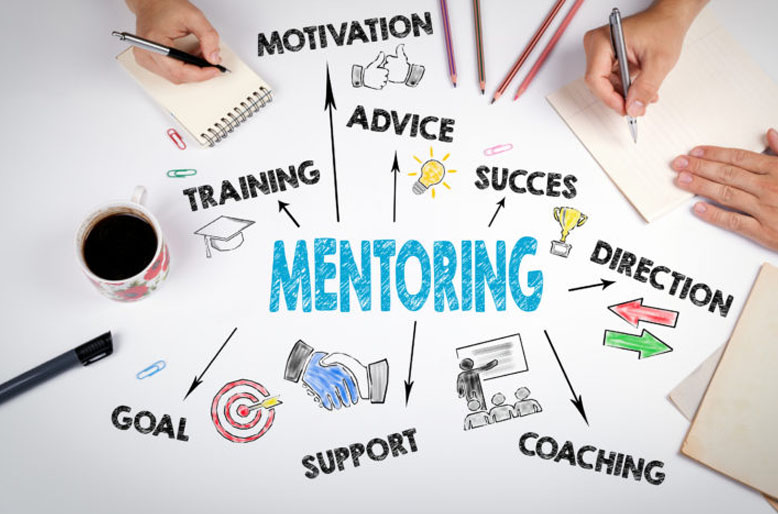You get out what you put in
As discussed last week, a mentor with the right approach is necessary for constructive and productive mentorship. Yet, even more responsibility falls on the mentee. The fact is, many mentees approach mentorship for the wrong reasons. Their motivations are often selfish and inauthentic. To many mentees, mentorship is just about playing the game and climbing the ladder.
I will tell you right now, anyone who approaches the relationship with that motivation and that inauthentic attitude won’t just fail at being a mentee but will struggle to truly succeed in their life. The goal should always be personal improvement, learning, and a genuine desire to become the best worker and person possible. That’s a context which can make mentorship a transformative exercise and lead to true success.
Aside from entering the relationship with the right context, what else can mentees do to get the most of their time with a mentor?
Fully commit to the relationship. Even with the best intentions, if you’re not all-in as a mentee, you’re not going to get out of the relationship everything you might expect. It can’t be a matter of convenience for you. If your mentor gives you an assignment or challenge, don’t put it on your backburner. Make it a priority. There’s a reason they’ve asked you to do it, and if you only accept the work you’re comfortable with, growth will remain unattainable.
Be authentic. Don’t be who you think your mentor wants you to be or who you think you need to be. Be who you are and approach the relationship with complete honesty. If you’re not your true self, how can you expect your mentor to give advice that can really have an impact? It’s only when you show your mentor who you truly are that they can help you become the person you want to be.
Have clarity. It’s not the responsibility of your mentor to define what you want to gain from their mentorship. Before you enter into the relationship as a mentee, it’s imperative that you get clear on exactly how you want to develop personally and professionally. Showing up under the delusion that you’re a blank slate is totally unproductive. Audit yourself. Creating a detailed inventory of your strengths and weaknesses, situations that have caused you problems in the past, areas in which you excel. Starting off the relationship with this kind of information to build upon will make your mentor’s advice more poignant and effective. It sets you both up for success.
Give first. What have you done to prove to your mentor that you’re worth their time and attention? Simply asking someone to be your mentor isn’t enough, and it’s never how the best mentorships start. Do work that your mentor values and needs, and do it well. Giving your best effort and working hard to earn their respect is the best way to endear yourself to a potential mentor and lay the groundwork for a rewarding relationship. Ultimately, they are staking their reputation on mentoring you, because at some point in the relationship, they will be asked to sponsor you. Before you reach anything close to that point, your mentor needs to be well assured that you will represent them well.
Check your ego. Bringing your ego into mentorship is a guaranteed failure. Growth is wrought with challenges and failures. If your ego is engaged, you’re sure to be defeated by the bumps and valleys on your journey. If, however, you’re able to check your ego and approach mentorship with humility, from a context of learning, everything becomes an opportunity for development, rather than scarcity viewed through scarcity lenses like failure or setback. A primary function of your mentor will be to offer criticism and feedback, especially during the most critical and challenging times. To receive their feedback properly and apply it to your life and work in the most positive ways, your ego needs to be fully disengaged.
Mentorship has resulted in some of the most meaningful and impactful relationships in my life. I speak from experience when I say it’s a truly rewarding endeavor, but only with the right approach. Now that we’ve discussed the best of both roles—mentor and mentee—I’d love to dive into a concept I read about recently, the Reverse Mentor. In the meantime, check out some of the mentors who shaped my life and career: https://www.coreykupfer.com/resources/
Corey Kupfer is an expert strategist, negotiator and dealmaker. He has more than 35 years of professional deal-making and negotiating experience. Corey is a successful entrepreneur, attorney, consultant, author and professional speaker who is passionate about deal-driven growth. He is also the creator and host of the DealQuest Podcast.
If you want to find out how deal-ready you are, take the Deal- Ready Assessment today!





